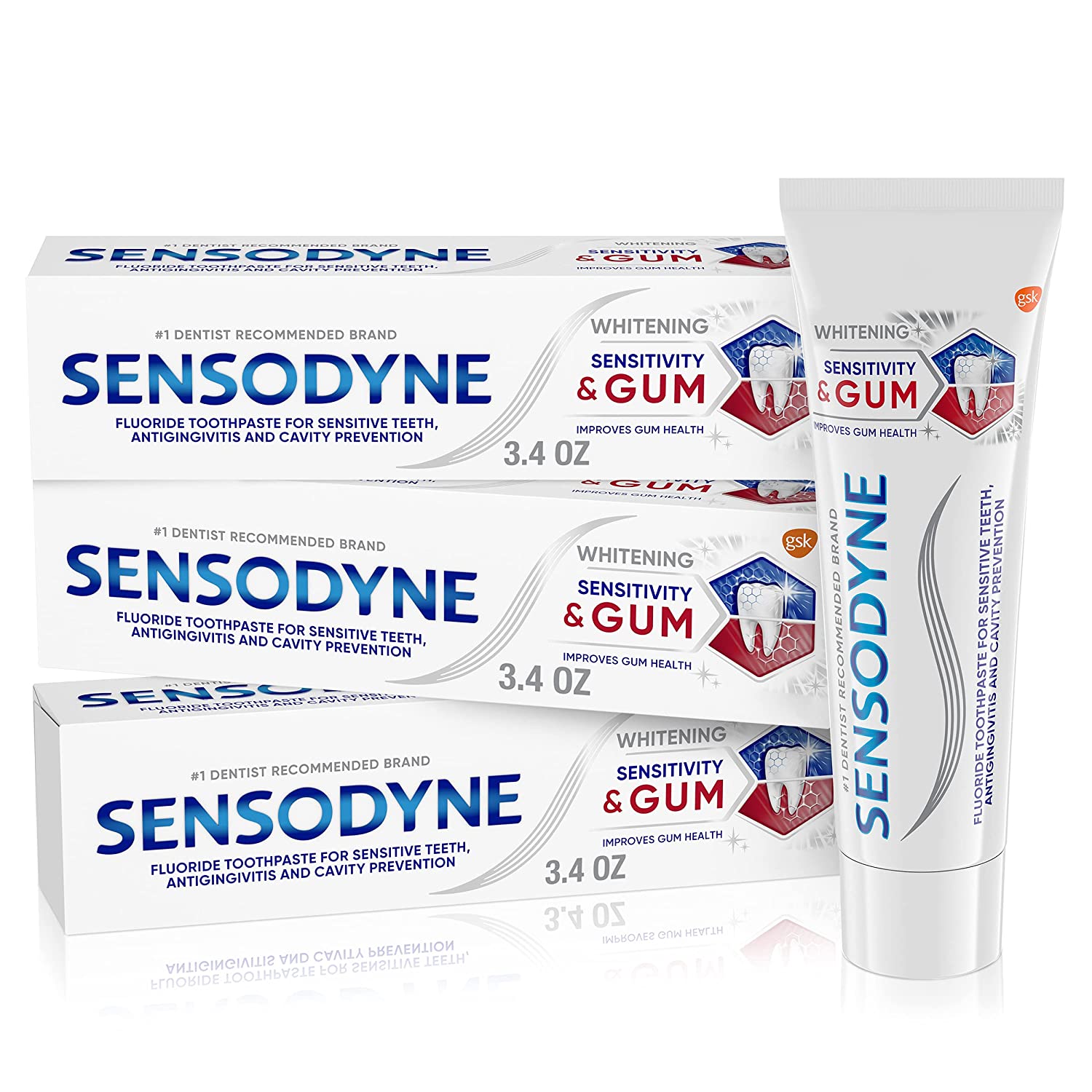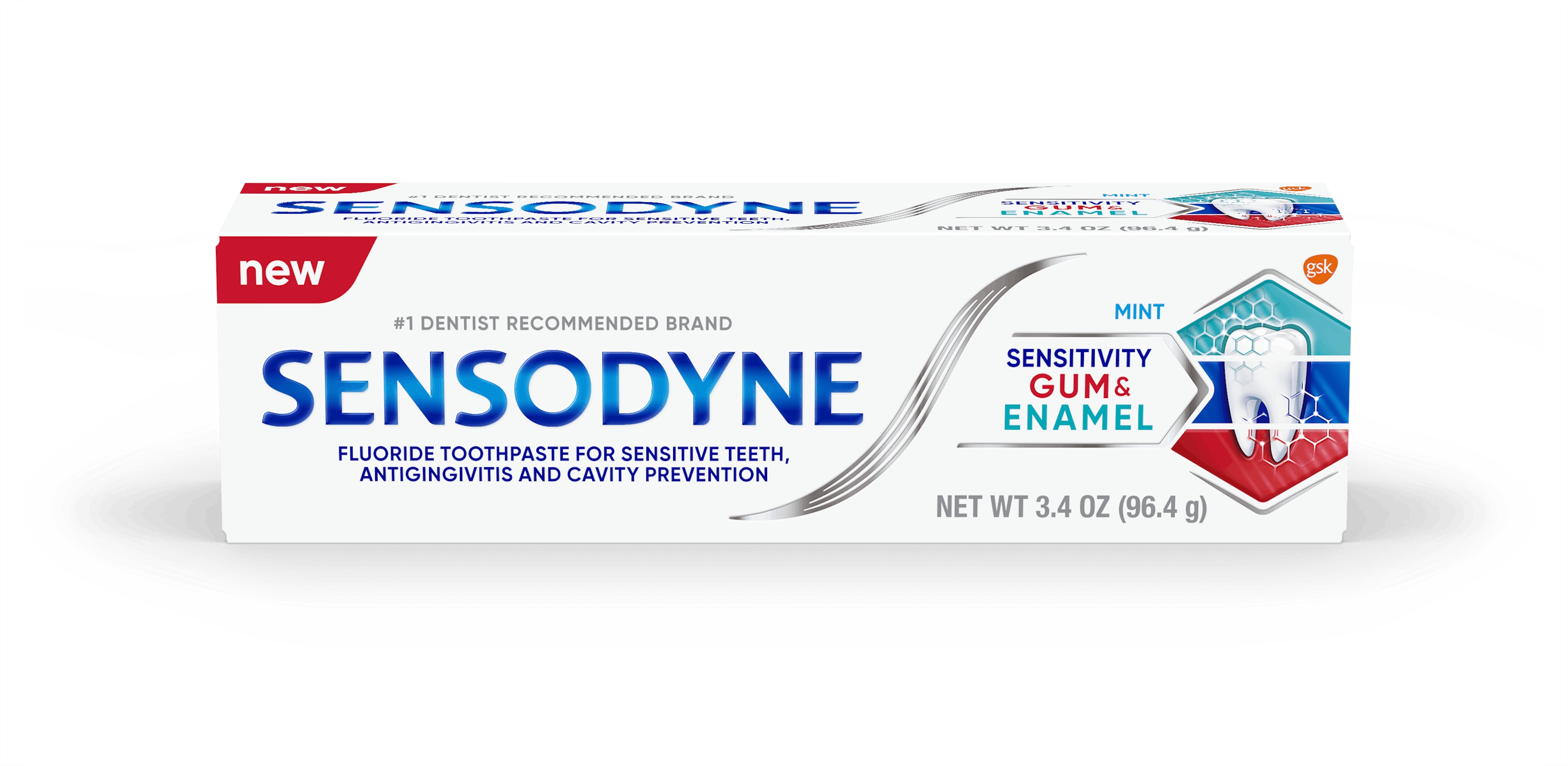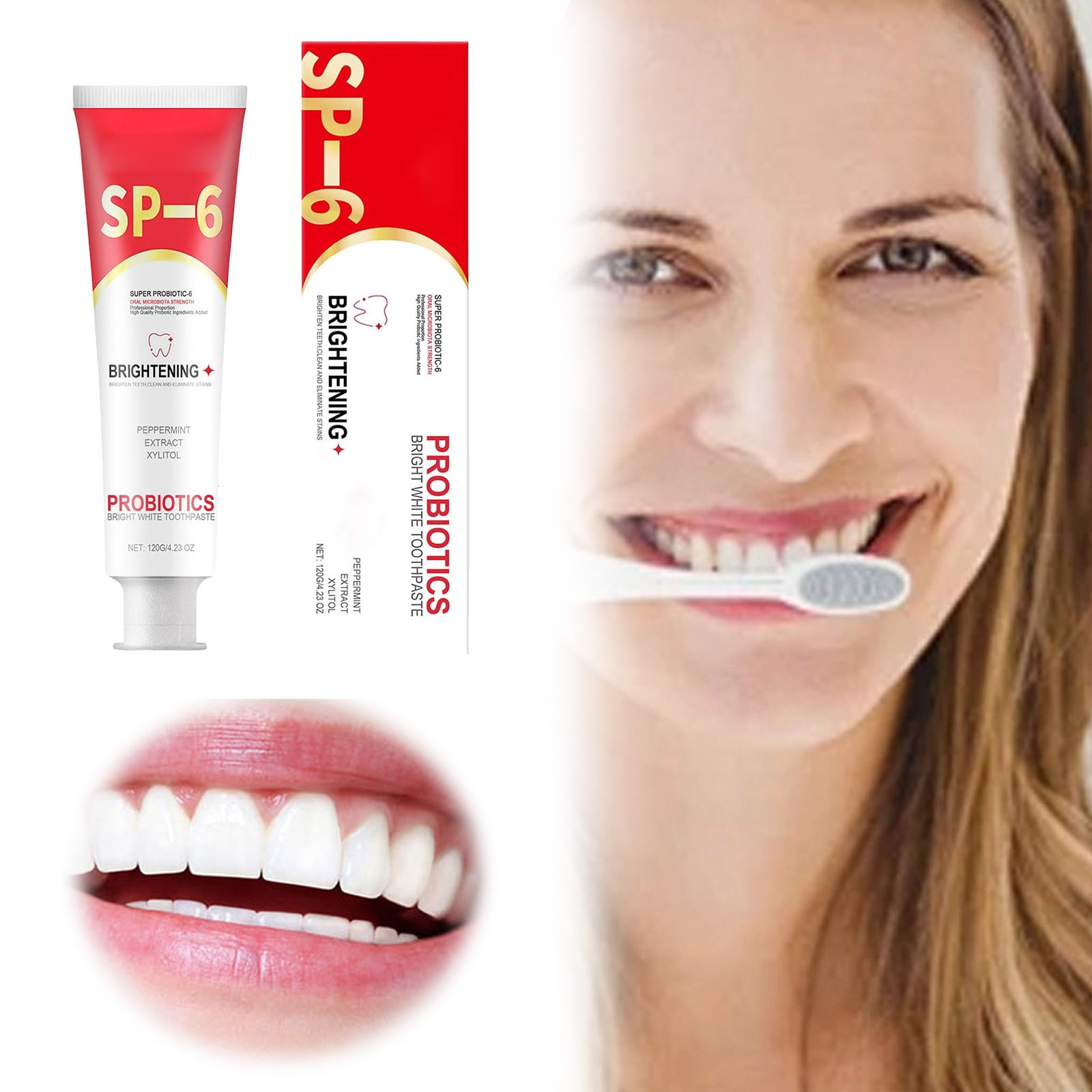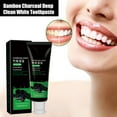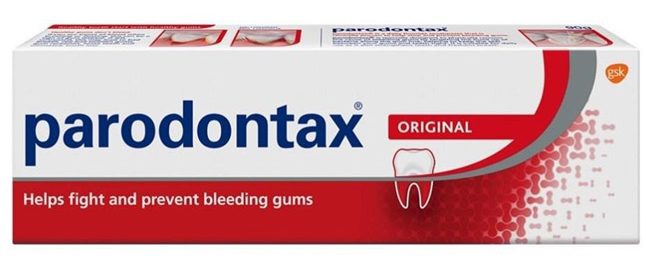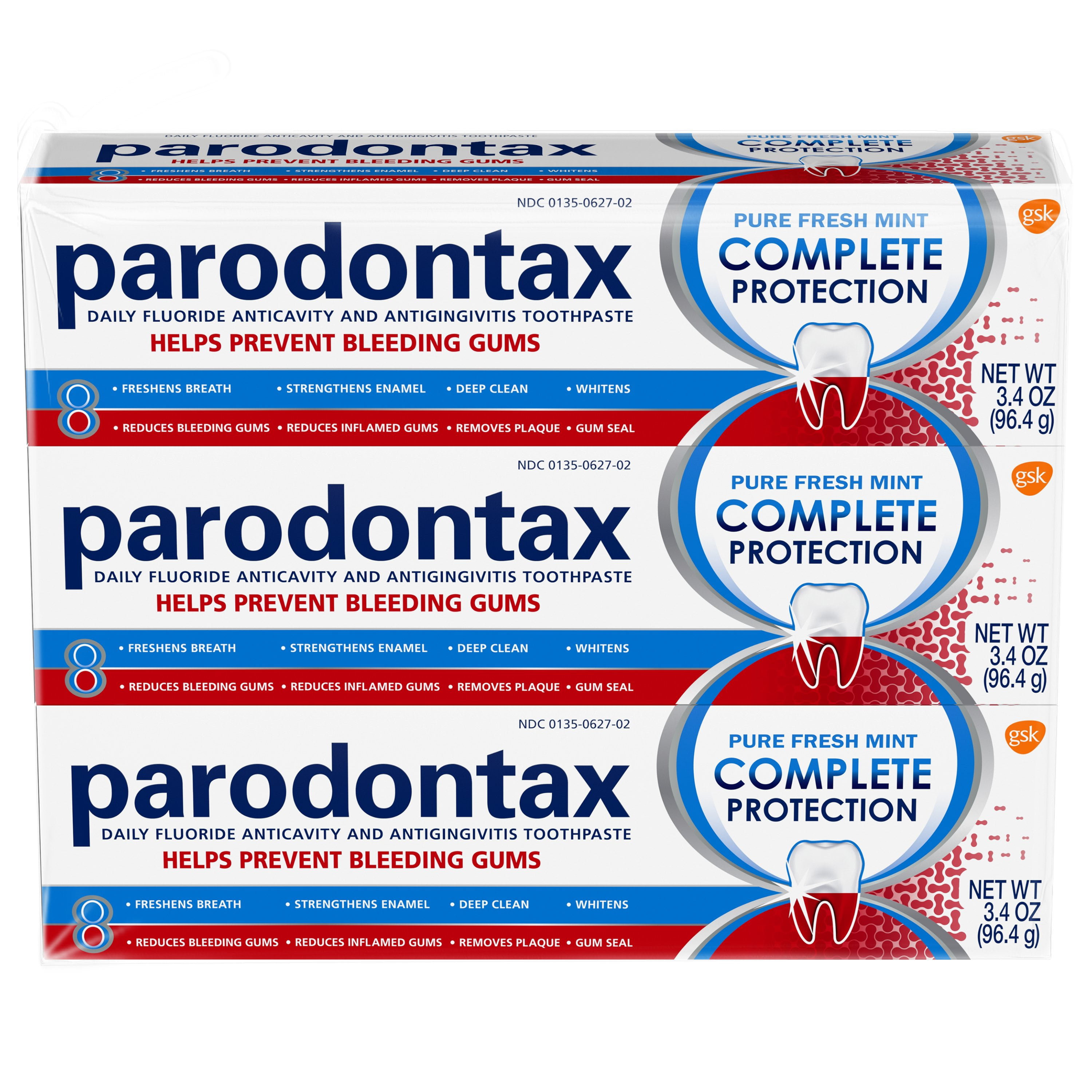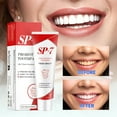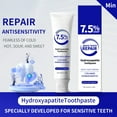Toothpaste For Sensitive Teeth And Bleeding Gums

For millions who experience the sharp, sudden pain of sensitive teeth and the discomfort of bleeding gums, a daily routine like brushing can feel like a battlefield. New advancements in toothpaste formulations are offering a glimmer of hope, promising both effective relief and improved oral health.
This article examines the latest developments in sensitive toothpaste designed to combat both tooth sensitivity and bleeding gums, exploring their mechanisms of action, clinical efficacy, and potential implications for consumers.
The Dual Challenge: Sensitivity and Bleeding
Tooth sensitivity, or dentin hypersensitivity, affects a significant portion of the adult population. It's triggered when the underlying dentin layer of the tooth is exposed due to enamel erosion or gum recession, allowing hot, cold, sweet, or acidic stimuli to reach the nerve.
Bleeding gums, often a sign of gingivitis or periodontitis, indicates inflammation and infection caused by plaque buildup. Untreated, this can lead to more serious problems like tooth loss.
Finding a toothpaste that effectively addresses both issues has long been a challenge.
Key Ingredients and Mechanisms
Many sensitive toothpastes rely on desensitizing agents like potassium nitrate or stannous fluoride. These ingredients work by either blocking the nerve signals or physically occluding the dentinal tubules, thus reducing sensitivity to external stimuli.
For bleeding gums, ingredients like stannous fluoride, triclosan (though increasingly debated due to its potential side effects), and various herbal extracts are commonly incorporated. These ingredients aim to reduce inflammation, fight bacteria, and promote gum healing.
Stannous fluoride stands out because it can simultaneously address sensitivity and gingivitis. Recent research suggests that new formulations of stannous fluoride may provide even better protection.
Clinical Evidence and Efficacy
Several studies have investigated the efficacy of dual-action toothpastes in reducing both sensitivity and bleeding gums. A study published in the Journal of Clinical Dentistry showed that toothpastes containing stannous fluoride significantly reduced both gingival bleeding and dentin hypersensitivity compared to control groups.
Another study in the International Journal of Dental Hygiene highlighted the importance of consistent use. Participants who used dual-action toothpaste twice daily experienced a greater reduction in bleeding scores and sensitivity levels over a period of several weeks.
However, it's crucial to note that individual results may vary depending on the severity of the conditions and individual oral hygiene practices.
Expert Opinions and Recommendations
"The key to managing sensitive teeth and bleeding gums is a comprehensive approach that includes proper brushing technique, regular flossing, and the use of appropriate oral hygiene products," says Dr. Emily Carter, a periodontist at the American Academy of Periodontology.
She emphasizes the importance of consulting with a dentist to determine the underlying cause of the symptoms and to receive personalized recommendations.
The American Dental Association (ADA) provides a Seal of Acceptance to toothpastes that have been proven safe and effective. Consumers should look for this seal when choosing a toothpaste for sensitive teeth and bleeding gums.
Consumer Impact and Considerations
The availability of effective dual-action toothpastes can significantly improve the quality of life for individuals struggling with sensitive teeth and bleeding gums. It enables them to enjoy food and beverages without pain and helps to maintain healthy gums, preventing more serious dental issues in the long run.
However, consumers should be aware of potential side effects. Some individuals may experience temporary tooth staining with stannous fluoride toothpastes, although this is generally reversible with professional cleaning.
It is also important to consider that toothpaste alone cannot cure advanced gum disease. Professional dental treatment is often necessary in such cases.
The Future of Sensitive Toothpaste
Ongoing research is focused on developing even more effective and targeted formulations. Nanotechnology, for example, is being explored to create toothpastes that can deliver desensitizing agents and antibacterial compounds directly to the affected areas.
Furthermore, personalized oral care is becoming increasingly important, with the development of toothpastes tailored to individual needs and genetic predispositions.
These advancements hold the promise of even better oral health outcomes for individuals with sensitive teeth and bleeding gums.
Conclusion
Advancements in toothpaste formulations offer a practical solution for managing both sensitive teeth and bleeding gums. While selecting the right product and maintaining proper oral hygiene habits is crucial, consulting with a dental professional to address underlying conditions is paramount for optimal oral health.
